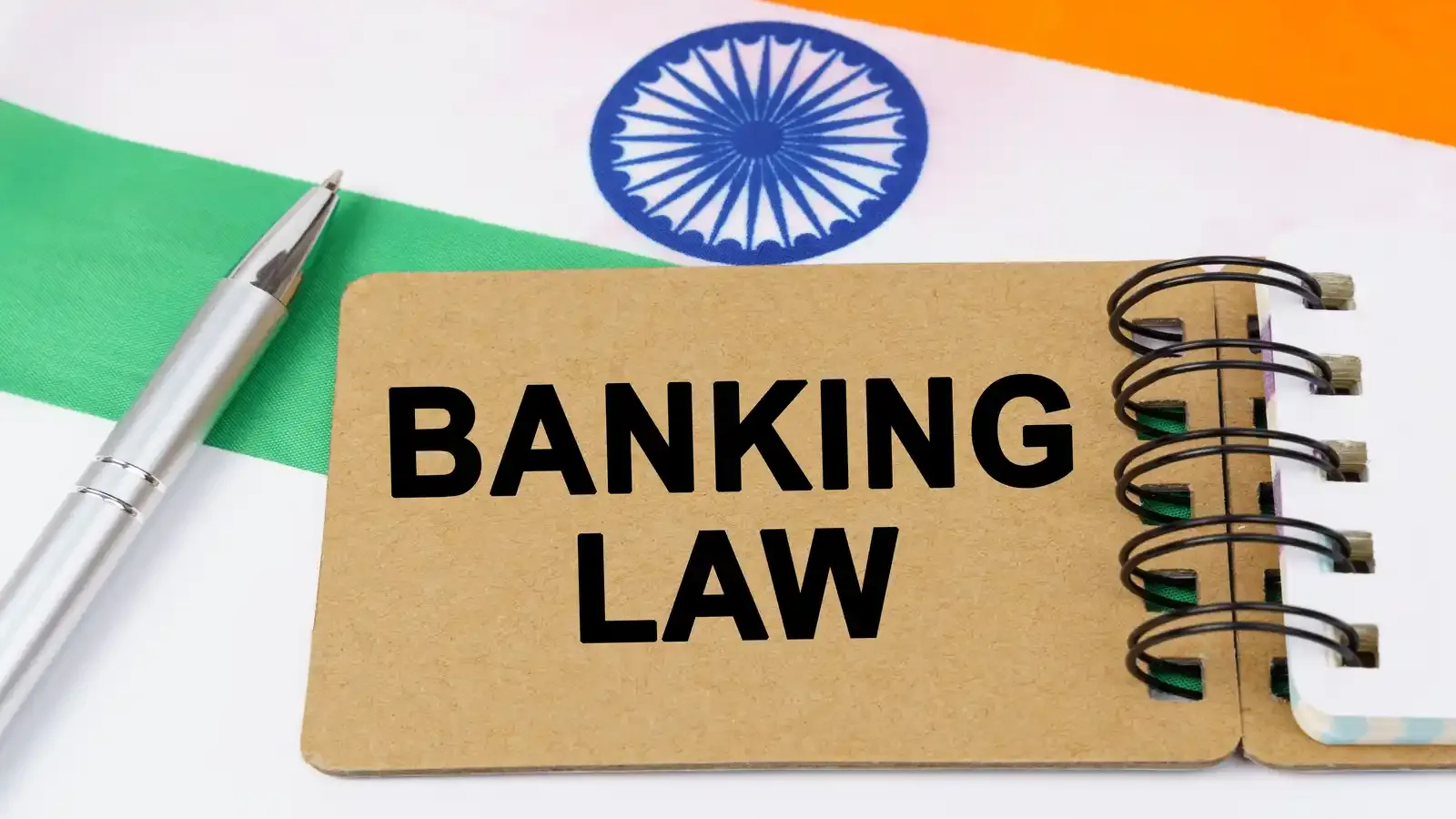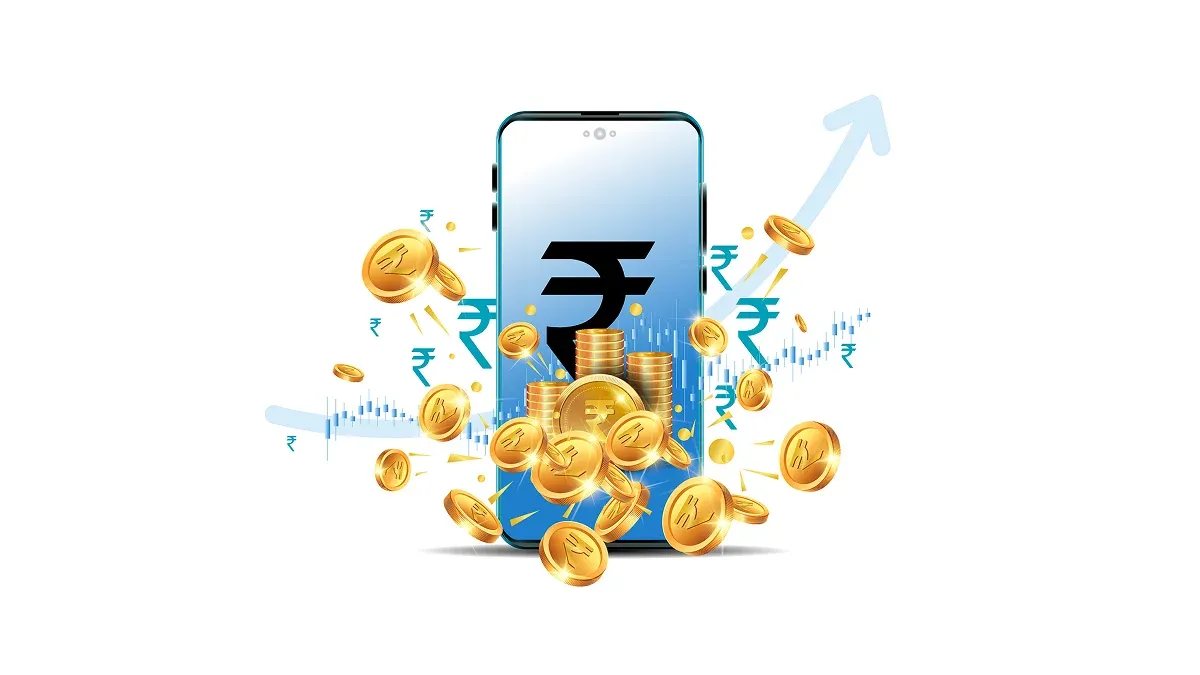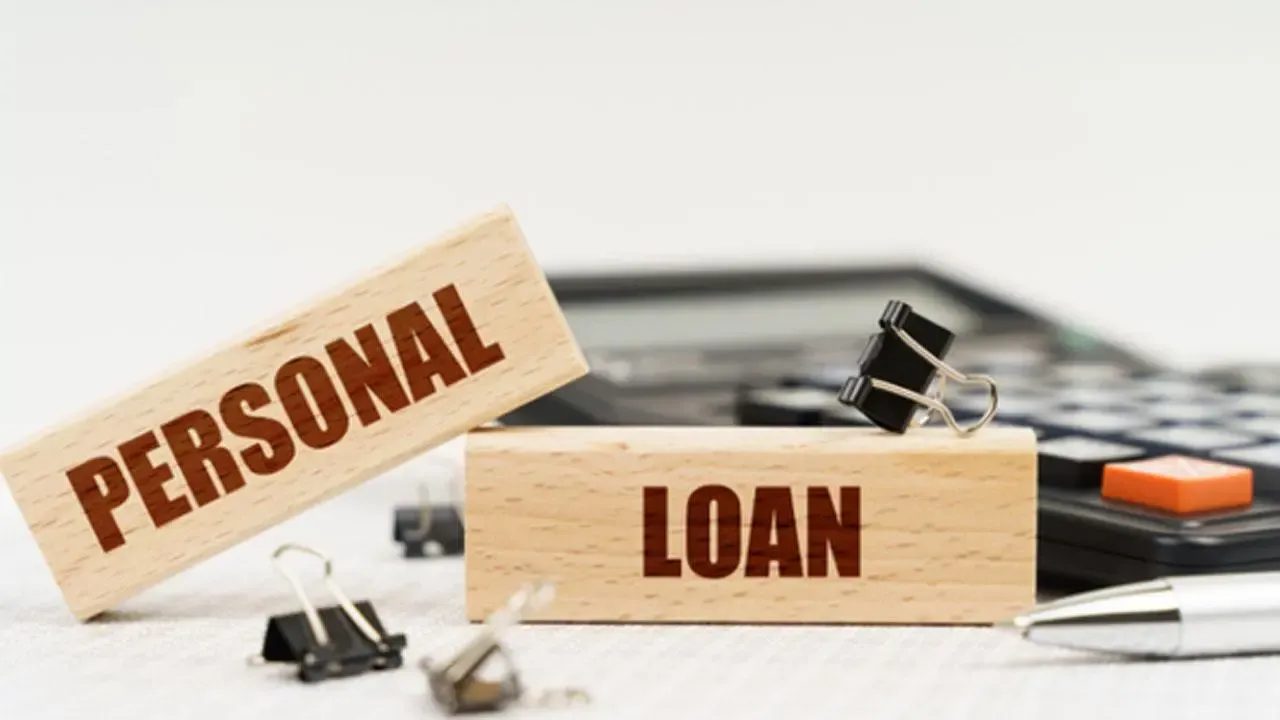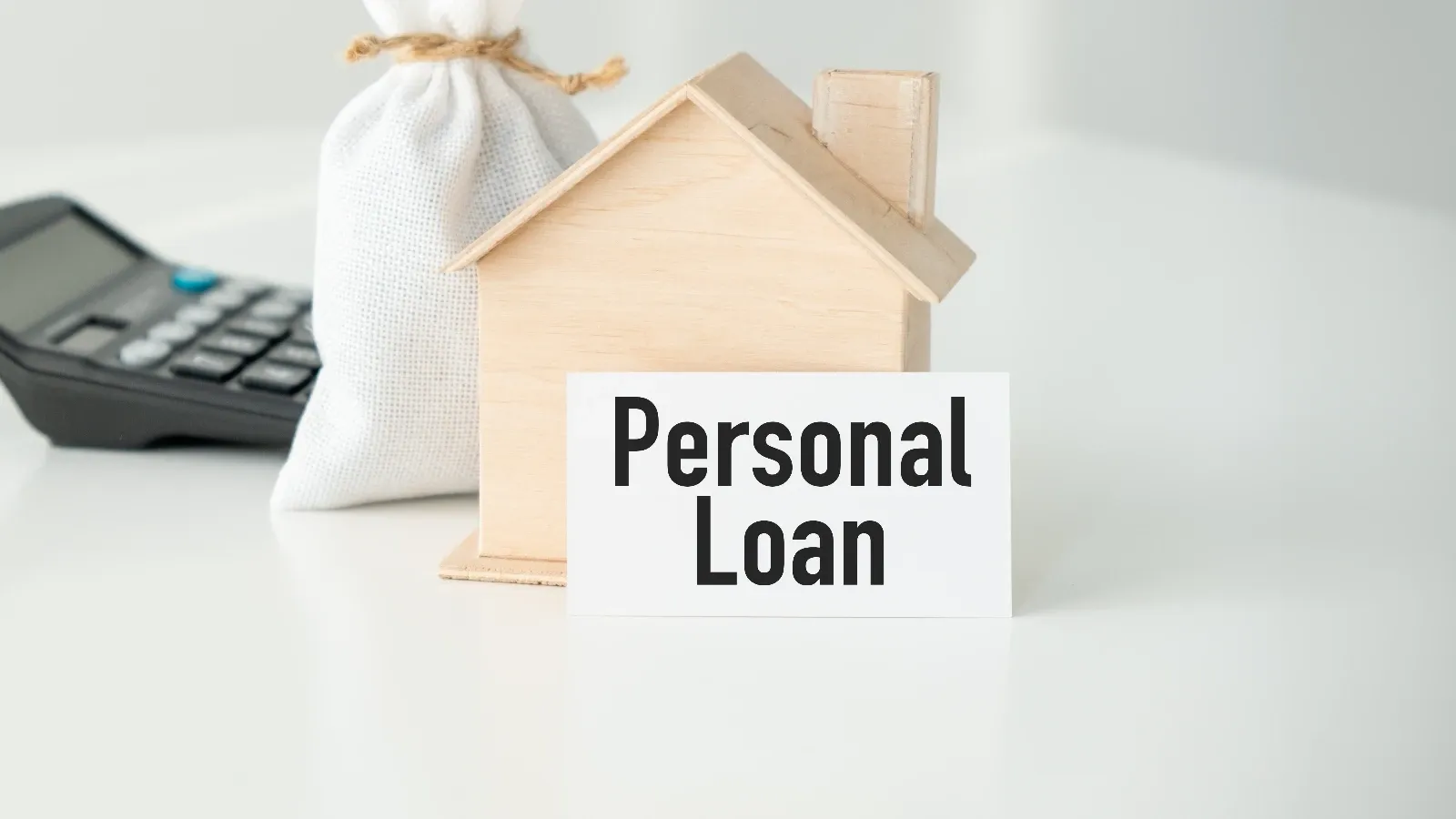How Much Credit Score Do You Need for a Personal Loan
Written by Mariyam Sara
Published on November 13, 2025 | 2 min read
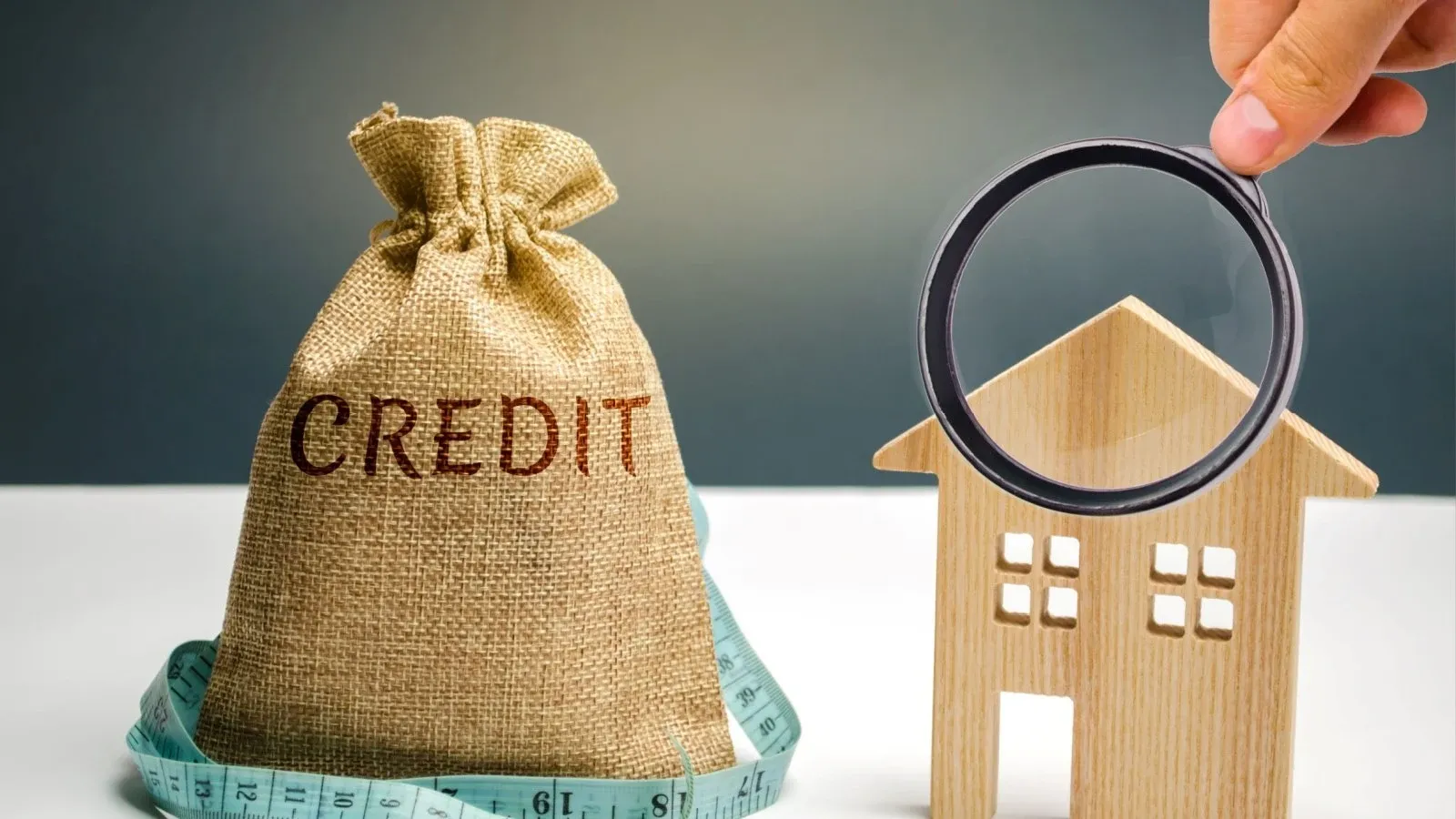
Personal loans are a type of unsecured loan where no collateral is required. Unlike traditional loans, you’re not required to keep any assets as collateral against the loans. Personal loans are offered based on your credit score, making a good credit score a crucial requirement.
What Is a Credit Score?
A credit score is a 3-digit number, ranging from 300 to 900, determined by Indian Credit Bureaus such as TransUnion CIBIL, Experian, Equifax, and CRIF High Mark, authorized by the Reserve Bank of India (RBI).
A credit score represents your creditworthiness based on multiple factors like payment history, credit utilisation and credit mix. A good credit score helps you get a personal loan easily and gives you negotiating power on your interest rates on your loans.
Why Is a Credit Score Important for Personal Loans?
A credit score helps lenders assess candidates based on their financial management and check if they are capable and responsible enough to repay the debt. Here’s why credit scores are important for personal loans.
Assess Risk
When lenders provide loans to individuals, they face counterparty risk. Counterparty risk is the risk that a borrower defaults on a loan. A good credit score reassures the borrower will not default on the loan.
Determine Interest Rate On Loan
Interest rates on personal loans are determined based on the creditworthiness of the candidates. People with higher credit scores are charged lower interest rates, while candidates with bad credit scores increase the risk for the lenders, leading to higher interest rates.
Determine Loan Amount and Tenure
Based on your credit score, lenders decide whether to give you the offered loan amount or not. If you have a bad credit score, lenders will avoid offering a big loan amount and reduce the loan tenure to lower their risk exposure.
How Much Credit Score Do You Need for a Personal Loan?
A credit score is a crucial factor that determines your eligibility for a personal loan. A good credit score ranges from 720-750 and candidates with such credit scores are ideal for lenders.
A good credit score helps you get a personal loan instantly at your chosen loan amount at competitive interest rates. Major banks only offer loans to candidates with 700+ credit scores with favourable interest rates and tenure.
Factors That Influence Your Credit Score
To build your credit score, you need to know the factors that affect your credit score and their weightage.
Payment History
Payment history is a crucial part of your credit score and accounts for 35% of your credit score. If you miss a single payment, it’s reflected in your credit history, causing your credit score to fall.
Credit Utilisation
When you get a loan, you can’t use the entire loan amount. You need to keep your balance below the credit limit, which is usually 30-50% of the loan amount. This shows lenders that you are not entirely dependent on debt, thereby increasing your credit score. Credit utilisation makes up 30% of your credit score.
Length of Credit History
Having a lengthy credit history shows lenders that you have experience in managing and consistently paying your EMIs on time. Candidates with short or no credit history struggle to obtain a loan, as lenders prefer candidates with a lengthy credit history. The length of your credit history accounts for 15% of your credit score.
Types and Number of Credit Accounts
Candidates with different types of well-managed debt accounts, like credit cards, personal loans, etc, demonstrate their ability to handle multiple accounts. It also shows that other lenders trust you and may help you negotiate a lower interest rate on the loan.
How to Increase Your Credit Score?
Your credit score is the deciding factor when it comes to availing personal loans. You can build your credit score by using lower-interest-rate debt instruments to enjoy the benefits of higher credit scores.
About Author
Mariyam Sara
Sub-Editor
holds an MBA in Finance and is a true Finance Fanatic. She writes extensively on all things finance whether it’s stock trading, personal finance, or insurance, chances are she’s covered it. When she’s not writing, she’s busy pursuing NISM certifications, experimenting with new baking recipes.
Read more from MariyamUpstox is a leading Indian financial services company that offers online trading and investment services in stocks, commodities, currencies, mutual funds, and more. Founded in 2009 and headquartered in Mumbai, Upstox is backed by prominent investors including Ratan Tata, Tiger Global, and Kalaari Capital. It operates under RKSV Securities and is registered with SEBI, NSE, BSE, and other regulatory bodies, ensuring secure and compliant trading experiences.


















